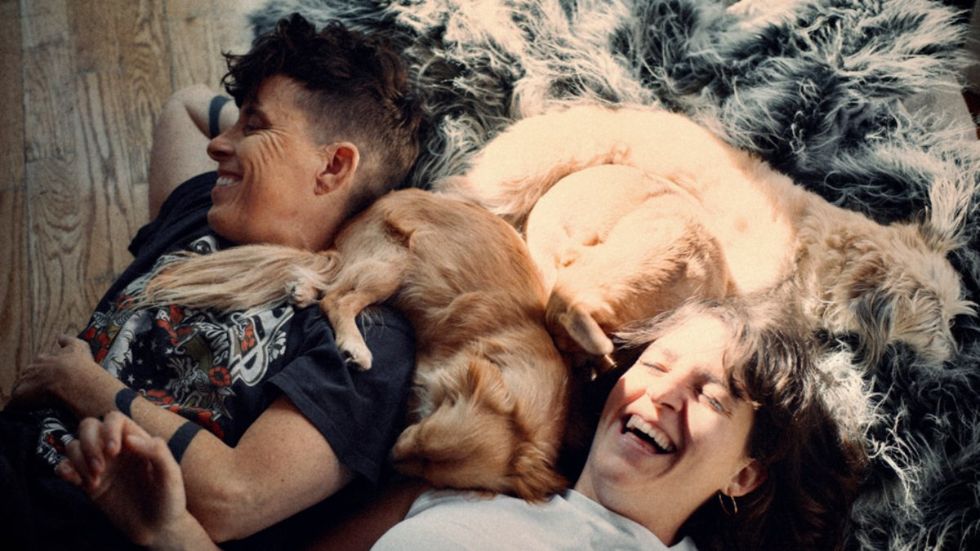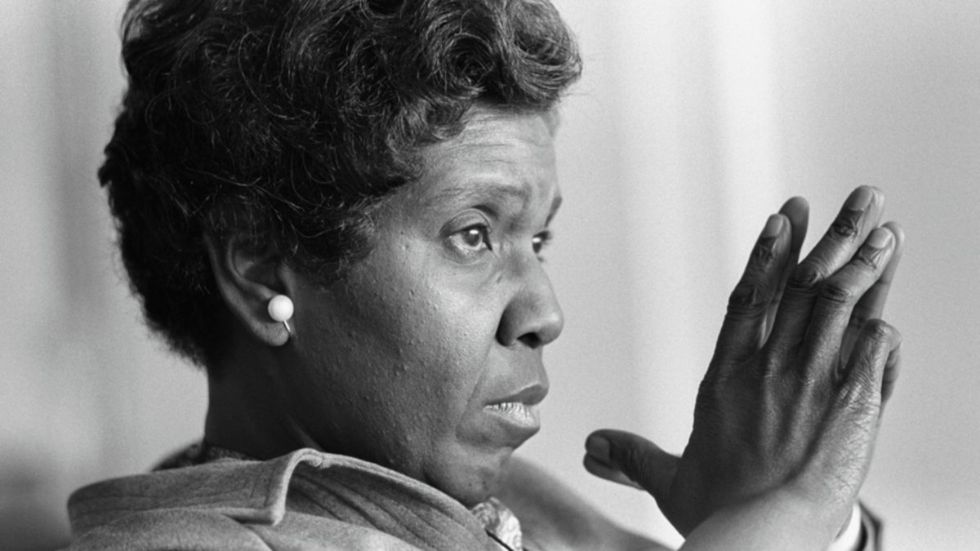Writer and director Sydney Freeland's intersecting identities of being an Indigenous trans woman means that she's used to seeing negative stereotypes of her communities shown on screen, but as a filmmaker, she's been able to create movies with the kind of diverse representation she rarely sees.
Freeland's latest feature Rez Ball, which she co-wrote with Reservation Dogs creator Sterlin Harjo, does just that by setting an underdog sports movie on a reservation and having their coach be an Indigenous queer woman.
The new Netflix film, based on the book Canyon Dreams by Michael Powell and set on the Navajo Nation reservation, follows the high school basketball team, the Chuska Warriors, as they are reeling from the loss of their star player after he took his own life. Hometown hero Heather Hobbs (Jessica Matten) — who made it big playing on the WNBA — takes over as coach to whip the boys back into shape and take home a championship win with Jimmy Holiday (Kauchani Bratt) as her new team captain.

Courtesy of Netflix
It was important for Freeland to include a queer character in her film, but she didn't want that to be the main focus. "You don't want to do something for the sake of doing something, but the character of Heather Hobbs, it made sense for her, and she kind of presented herself on the page in a very organic manner and fashion," Freeland tells PRIDE. "You try to lean into this from a story forward first perspective, so that really kind of dictated all of the approaches."
Although Heather's queer identity informed Matten's performance, she was glad that Rez Ball was more interested in the story of the boys coming together as a team than her character's backstory. "In order to normalize and humanize minority communities or the LGBTQ+ community even further, it's by kind of not shining a light and making that the emphasis of the plot line. She just is. So that in and of itself is normalizing that it should be normal," she tells PRIDE. "It's a very normal part of my upbringing as well, too, being surrounded by people in those communities that were just family and friends and that there wasn't necessarily a need for that to be the emphasis."

Courtesy of Netflix
The film focuses on telling an Indigenous story from an Indigenous perspective. It excels when it takes a familiar sports movie trope — think Hoosiers or Friday Night Lights — and puts a Native American spin on it, like when Heather has the players herd her grandmother's sheep on the reservation to teach them about teamwork.
Freeland — who grew up on a reservation herself — says that when writing the script, she and her co-writer "didn't go in with a desire to reinvent the wheel," instead, they walked a well-trodden path but made it their own by choosing to have the coach be from the community instead of an outsider. "We didn't want to have the white savior character come in to teach these natives how to live and play basketball the right way," she explains. That decision, combined with hiring almost all Indigenous actors and filming mostly on the Navajo Nation's land, gives the film its distinctive flavor.
"There were all of these unintended positive consequences of that one simple decision to say, 'No, we want to have this be told from the inside out,'" Freeland says.

Courtesy of Netflix
Heather coaches the boys to play rez ball — a style of basketball popular on reservations — that prioritizes a fast tempo, aggressive play, and quick scoring. "We run fast, we shoot fast, and we don't ever stop," she says during the film. But that's not the only way Native American culture is brought into Rez Ball. The newly minted team captain, Billy, comes up with a plan for all of the players to learn Navajo so they can shout out plays during the game without the other team being any the wiser. Bratt was even inspired to begin learning about his own Indigenous heritage and language because of Jimmy's story and how everyone on the cast "reps their tribe so hard."
"After this film, that was one of the things on my own I tried to do, and trying to learn my own language and strengthen my own identity within my own people," Bratt tells PRIDE. "And I think Jimmy sort of goes through a similar experience in the story where learning that language and strengthening that identity as an Indigenous man ultimately helps him be stronger in who he is, and that ultimately helps him rise to the challenge."

Courtesy of Netflix
While Freeland highlights the culture's beauty and how the community pulls together to support the team, she doesn't shy away from showing the struggles that are all too common on reservations. The issue of alcoholism is raised without much commentary or introspection, but that is the point. These problems become the backdrop to your life when many are caused by systemic injustices that aren't easily remedied. In Rez Ball, Freeland manages to strike a balance between authentic and nuanced depictions of what it's like to be Indigenous and live on a reservation while still making the emotions and struggles feel universal.
"I think one of the things that was so important to myself is we wanted to show all of the aspects and all of the facets of life back home on the reservation," she explain. "There's a lot of great things, there's a lot of not great things, there's a lot of trauma that people back home have experienced, but a lot of times we're portrayed as very stoic and serious and sort of monolithic, but native people are some of the happiest most hilarious people I know. But at the same time, we've been through a lot of shit, so for myself, it was really about just trying to embrace all of those different aspects and facets of the experience and not shy ways from it."
Rez Ball premieres on Netflix on September 27, 2024. To see the full interview, check out the video at the top of the page.









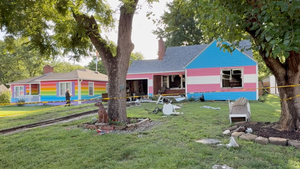














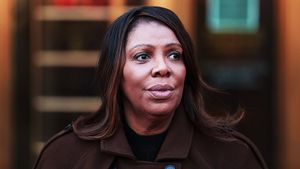




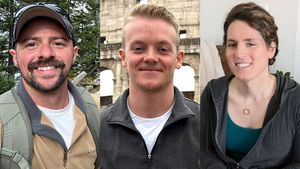

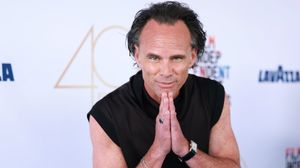







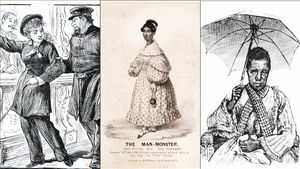



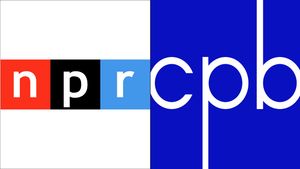




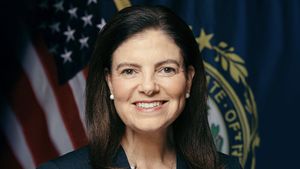




















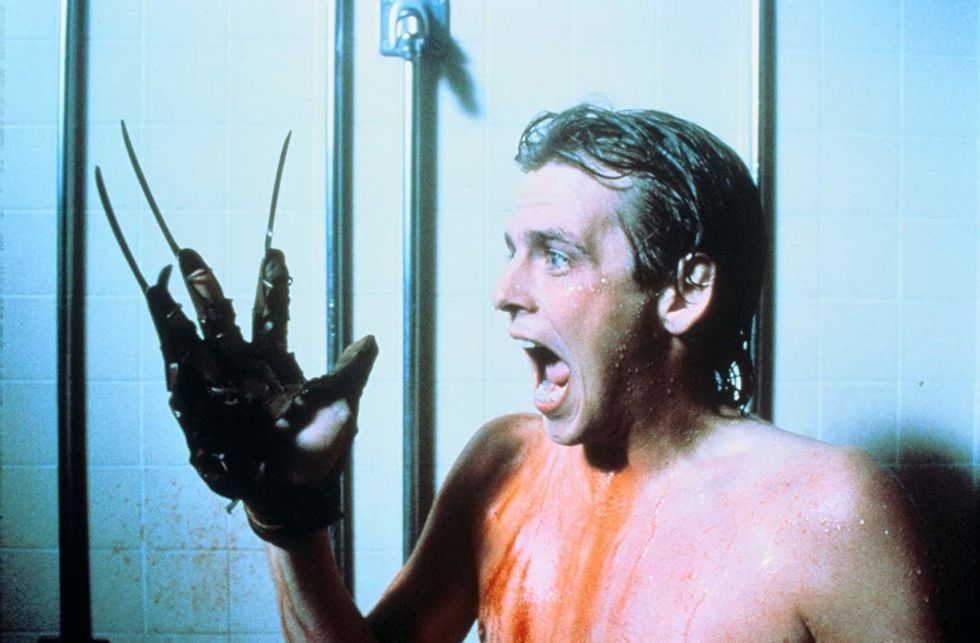
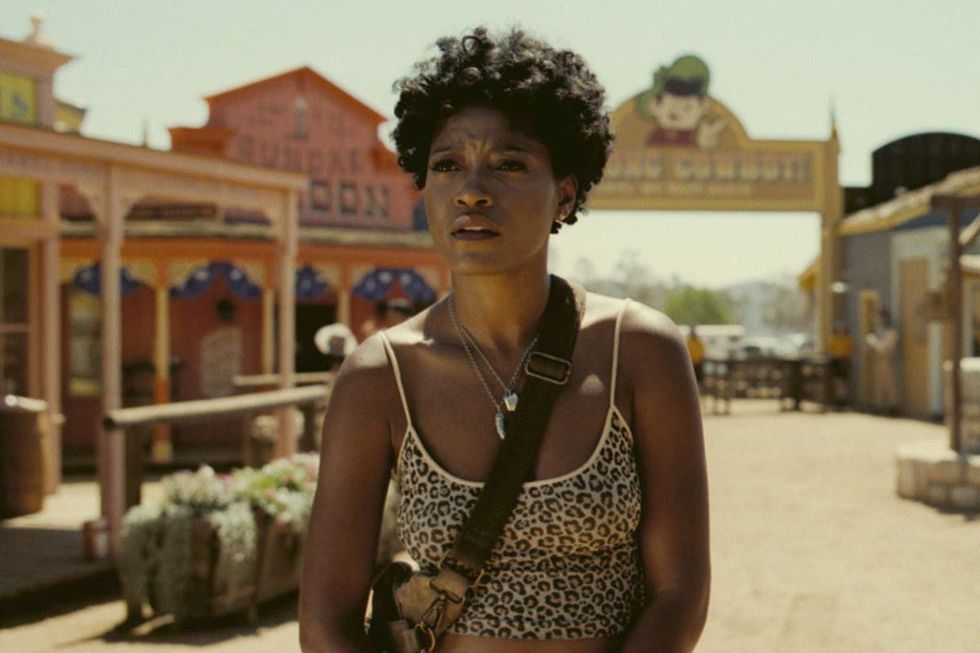
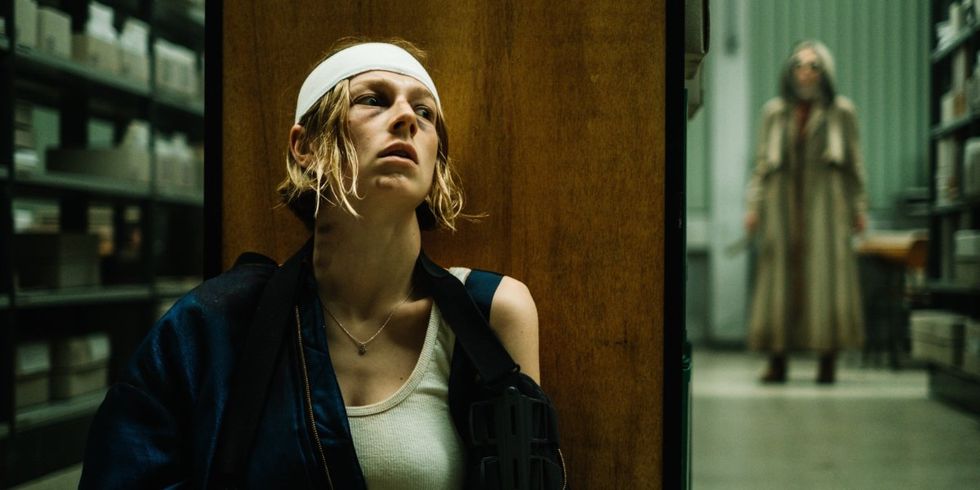
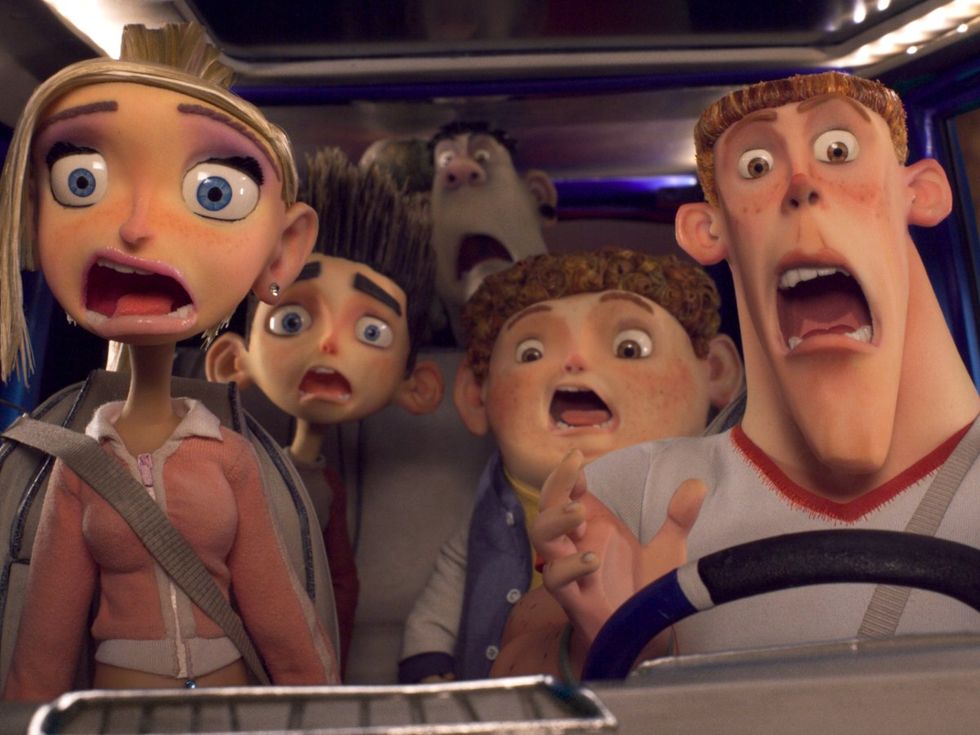
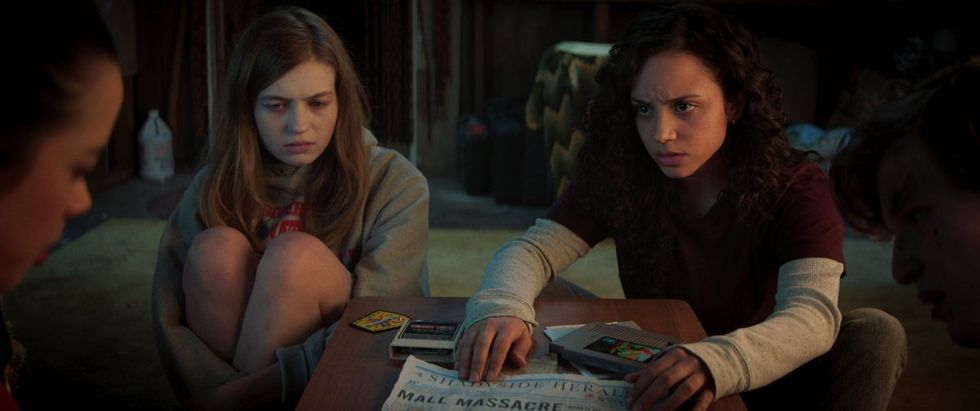
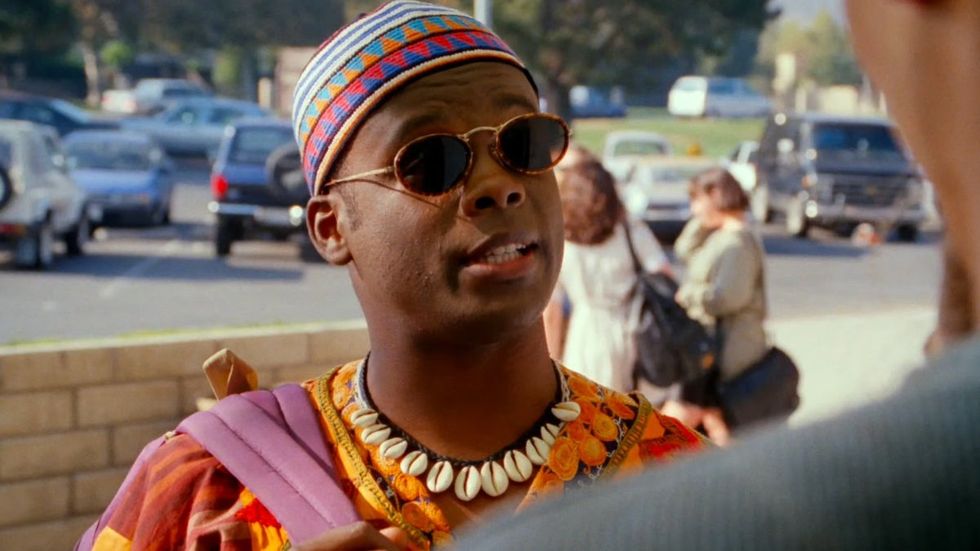
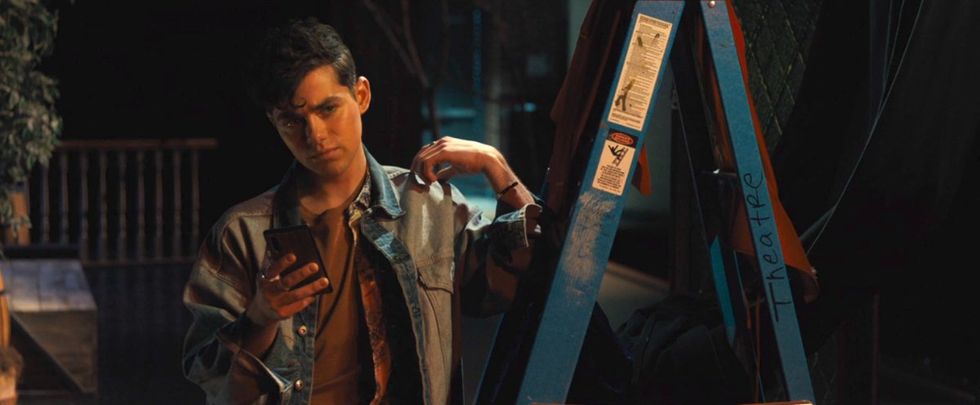
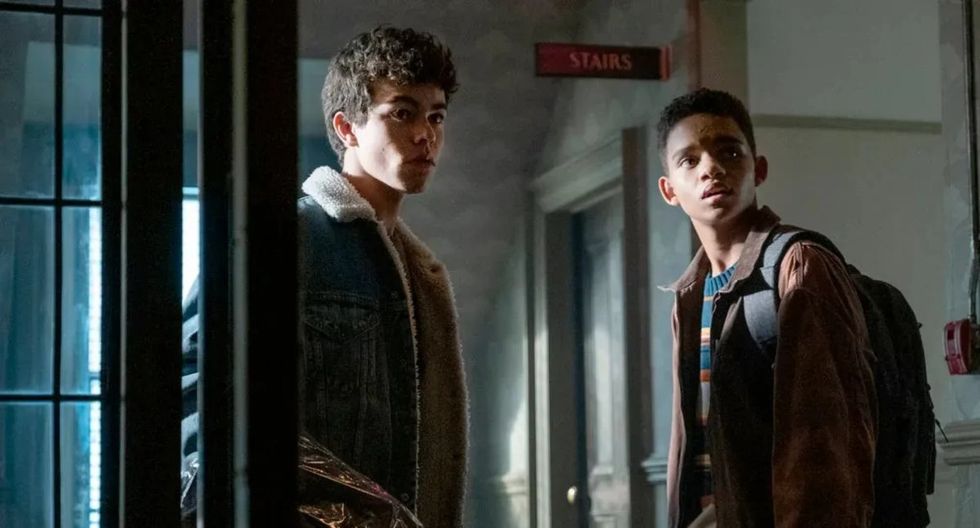

 7 LGBTQ+ films we can't wait to see at Tribeca Film Festival 2025Courtesy of Tribeca Film Festival
7 LGBTQ+ films we can't wait to see at Tribeca Film Festival 2025Courtesy of Tribeca Film Festival 


